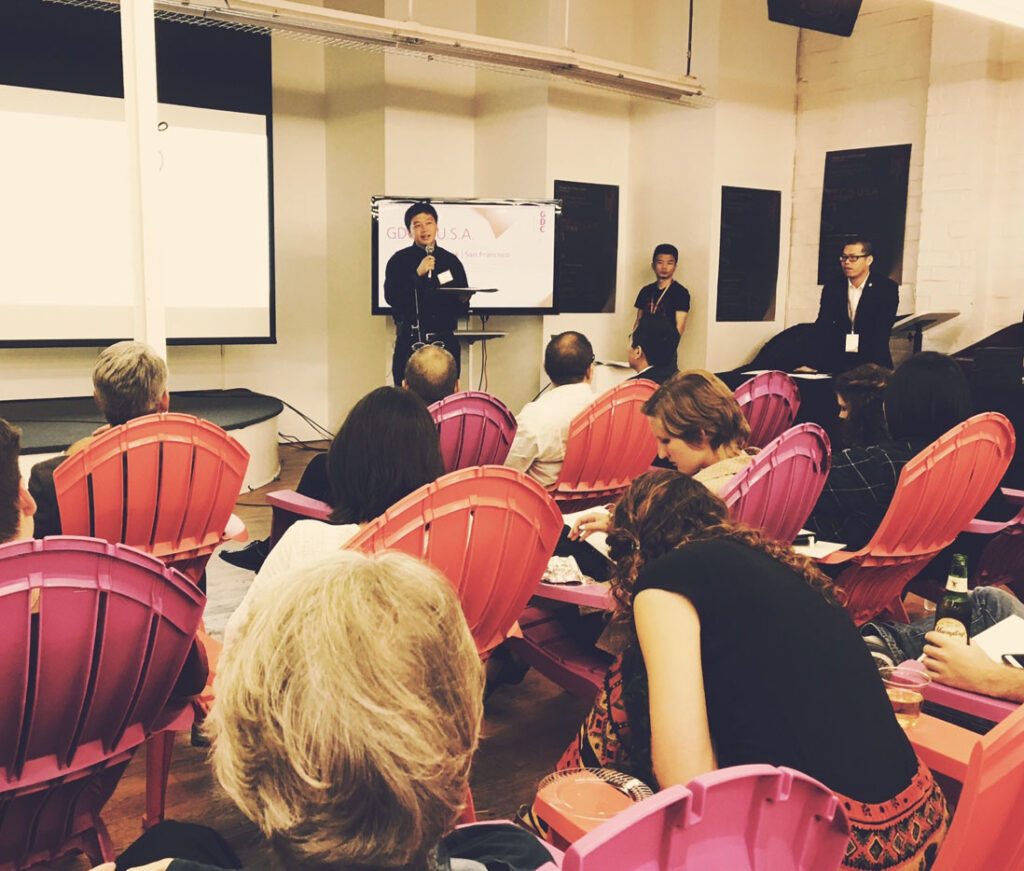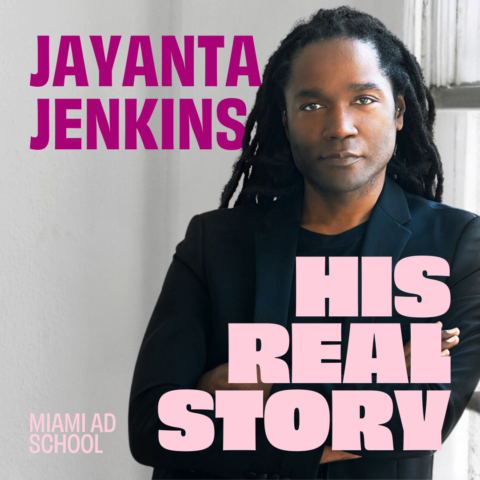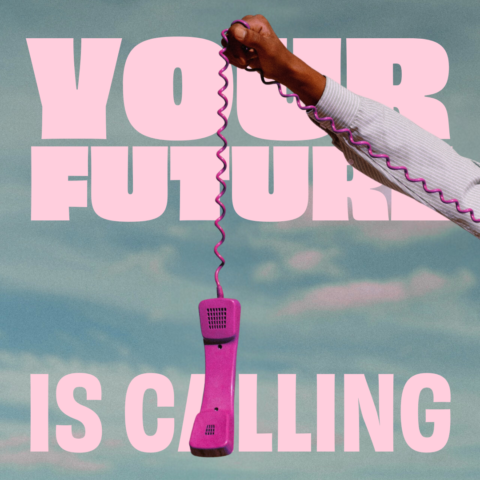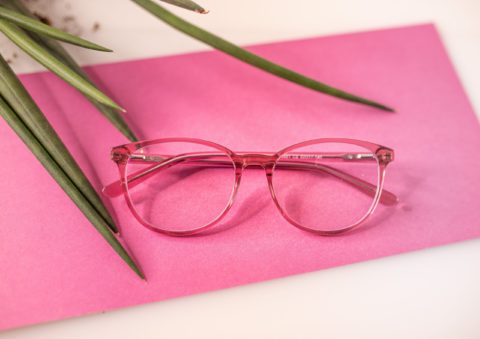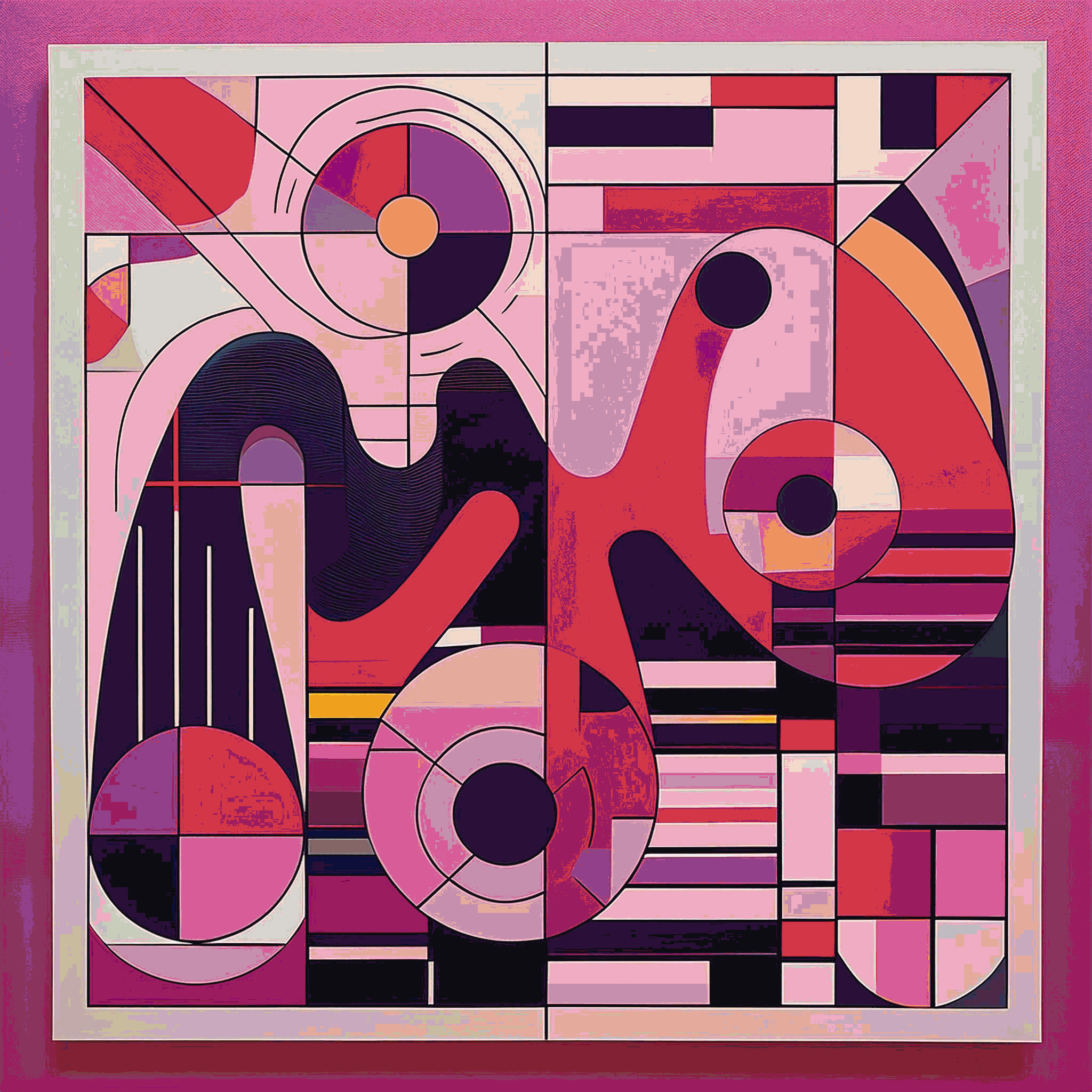
Become a Superhero by Mastering Your Creativity
Few things are as powerful as a message that affects the thoughts and actions of fellow human beings for the common good. Creativity is, in fact, a superpower. See how grad Melanie Maynard is using hers.

Miami Ad School alumnus Melanie Maynard • Founder @ HOLE NYC
Miami Ad School Co-Founder, Pippa Seichrist, interviews recent design grad Melanie Maynard. Melanie just completed work on a campaign for 1% For The Planet that seeks to make environmental concerns top-of-mind as Earth Day 2018 draws near.
Pippa Seichrist: What did you do right after graduation? What were your experiences? Any favorite projects?
Melanie Maynard: Right after graduating from M.AD At\lanta, I was fortunate enough to go to the school’s portfolio review in New York City, where I was able to interview with, and present my work, to over a dozen companies. It was there that I really learned to talk about my work. Becoming comfortable with that was so important, as it’s something that doesn't come naturally to me. I've always been somebody who shies away from the spotlight. Standing for six hours and talking about the same projects over and over again really taught me how to be clear and concise and focus on the message I want people to take away from my creative work.
It was there that I met Milk Agency Creative Director Roberto Max Salas, also a Miami Ad School grad. He was the person who gave me my first experience out of Portfolio Center, a short freelance art director stint in NYC. He was such an inspiring mentor.
While I was at PC, I kept in touch with Snask, a design studio in Stockholm, whose internship program normally has a two year waitlist. When my portfolio was done, I sent it to Snask. They emailed me to say an intern had dropped out and asked if I could come for that summer—just a few weeks away. Five minutes later I wrote back, “YES!”
My fave project at Snask was working closely with a client to create branding for her one-woman translation services company. It felt rewarding to be able to work with the client and successfully deliver a holistic identity that she was psyched about. Another favorite while in Stockholm was a personal project; I painted and photographed a 40-year-old Scotsman's butt. I painted it bright pink with lots of glitter.
At Snask, I remember telling myself the whole time, “You have to push barriers and get out there to try stuff that's well beyond the norm and even further—that's what will give you the chance to take on more challenges and expand your understanding of what's possible!” It was an experience!

“Ingrid from Sweden” Identity Project
PS: How did you get your current job at Solidarity of Unbridled Labour?
MM: As my internship at Snask was coming to an end, I realized I was feeling a little homesick and wanted to be closer to my family. That's when I started thinking hard about where I wanted to work the following year. Michael Jager, Founder of Solidarity of Unbridled Labour, gave a presentation at Portfolio Center when I was a student there. We connected over our common eclectic aesthetic and approach, and he became an informal mentor to me after that, so I reached out to him. Joining Solidarity was such a great career move; the studio has a truly collaborative atmosphere and room to play with ideas.
PS: You have an amazing project that’s about to launch, don't you?
MM: Yes! “#360fortheplanet,” a global campaign for 1% For The Planet for this coming Earth Day. The campaign asks people to show us their world and what matters to them through a 360-degree video. Think of it as a metaphor for literally turning around—evolving and changing—the way we think about our planet and the impact we have on Earth. The hope is that the campaign will help people develop an awareness of how they can make some personal changes to reduce their footprint on the global landscape.

PS: What was the “A-ha!” moment for the campaign?
MM: This began as a simple brief: three billboard executions with the tagline of “Let’s turn this thing around." Given that the brief was so manageable Michael put his week-old mentee on it—me. Michael had come up with the tagline, “Let’s turn this thing around,” and had already pitched it. He suggested maybe one of the three videos was some kind of 360-degree view after the first round meeting with the client. That was what lit a spark in my head that soon turned into a raging fire. I saw this as a chance to create something bigger than just some billboards. It was a massive opportunity for social media engagement and became a global campaign. Here is one of the three original billboards that are now being used as social media ads:
The campaign was created with the following goals in mind:
1. Have the campaign provoke curiosity so people will look up the hashtag.
This began with creating the graphic “skeleton” that holds all of the user-submitted 360-degree videos together in the feed and that can be seen on billboards nationwide. The graphic skeleton consists of bold questions with striking answers and intriguing imagery. This content is what sparks curiosity and educates social media users about things that are happening to our planet here and now and that are within their reach. They can help change things and make a difference.

2. Engage the audience on a personal level.
Get people to care about the planet by asking questions directed towards them and their experiences, leading them to develop an awareness through data-driven education that shows our impact on the planet. I wanted to use facts that are relatable and that could lead to some self-reflection. For example, here is part of an Instagram carousel in the campaign.

3. Turn this thing around, together.
Once users begin to engage with #360fortheplanet, have read some statistics and viewed some 360-degree videos, hopefully they become inspired to do their own 360 videos of their world. In the end, what matters is that users come away from the experience with ideas of what changes they might make, what matters to them on a personal level and their interaction with the global landscape. This campaign is as much about self-awareness as it is about appreciating our life here on Earth, our individual and collective impact and how we can give back, together.
My work with 1% was very rewarding. It was my first time working with a nonprofit addressing environmental issues and, the more research I did throughout the campaign, the more aware I became of my contribution and impact and, indeed, the issues facing our planet. Now, I am more impassioned than ever about spreading awareness of the problems that face us every day and that we so often turn a blind eye to.

I mean, the ocean will contain more plastic in weight than fish!? How is plastic—something that cannot break down, is toxic to our waters, lands and all life and will continue to be for many generations to come—so incredibly prevalent in modern life today? Such statistics really make one think about choices and consequences.
PS: Tell us all the things you’ve been involved with for the campaign.
MM: A little bit of everything! Since what originally was a small assignment blew up, the responsibility fell on me as the sole creative on the project. This gave me a lot of creative freedom and that was one of the reasons why the project got so big! I worked alongside Solidarity’s founder, Michael Jager, to make sure all the creative was cohesive. More specifically though, I was doing concept development, campaign strategy, social media strategy and planning, graphic design, content creation, user experience, copywriting and web design. My abilities to work across all of these different contexts comes from my training at Portfolio Center, where I learned to integrate creativity and critical thinking skills to solve problems within the human experience—whether that’s the importance of the strategic hierarchy of a website, or, in this case, problem-solving ways to get people to look at their own footprint.
PS: Have you ever done anything like this before? Issue-based work?
MM: This was my first time doing issue-based work in the professional world and hopefully not my last. While in school at PC I came up with a design for a 90-day rehab program facility called Paper Heart Society, that would solve the issues of the high rates of heroin and opiate addiction rehab readmittance. Did you know the average addict has to go back to rehab nine times at around $15,000 for a 30-day inpatient program? The program design was a 30-day rehab program focused highly on health and self-acceptance, followed by a 10-day design-your-life course that honed in on what drives individual patient’s ambition, followed by a 50-day work placement program. The work program was designed to engage with the local community and also helped support Paper Heart through restaurants, kitchens, exercise classes, farms, and a dispensary that were all run by Paper Hearters.
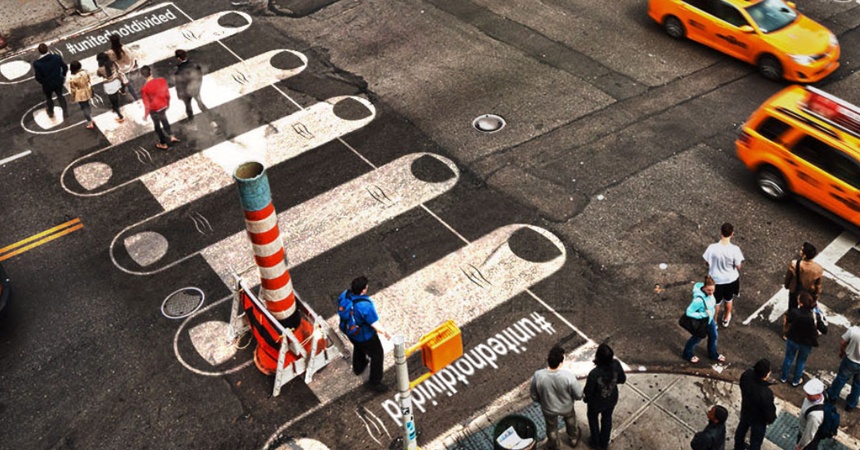
Melanie was also a key part of a team Miami Ad School @ Portfolio Center students that came up with #UnitedNotDivided, a project that would allow people across the nation to convert standard striped crosswalks into black and white interlocked fingers, using cheap crowdfunded stencil kits and temporary chalk spray paint. Ordinary pedestrian walkways can be transformed into powerful demonstrations of the need for national unity and an end to racial strife.
PS: What’s your next adventure?
MM: TBD!!! I am looking at firms in Oslo, Stockholm, Berlin, NYC, and LA. The places I seek are ones with collaborative cultures and in which I have deep respect and admiration for both the leaders and the creative work.
Learn more about how you can take part in #360fortheplanet.
